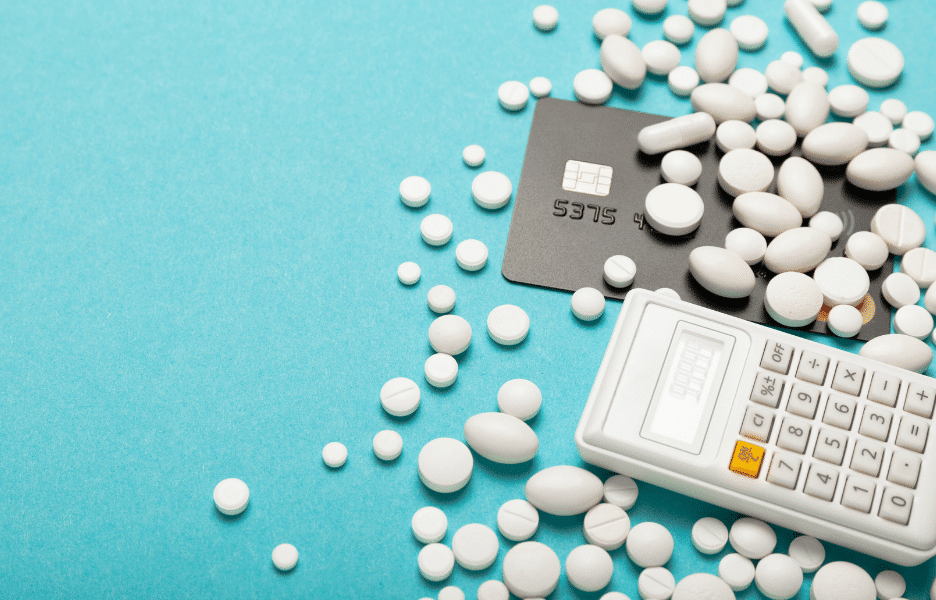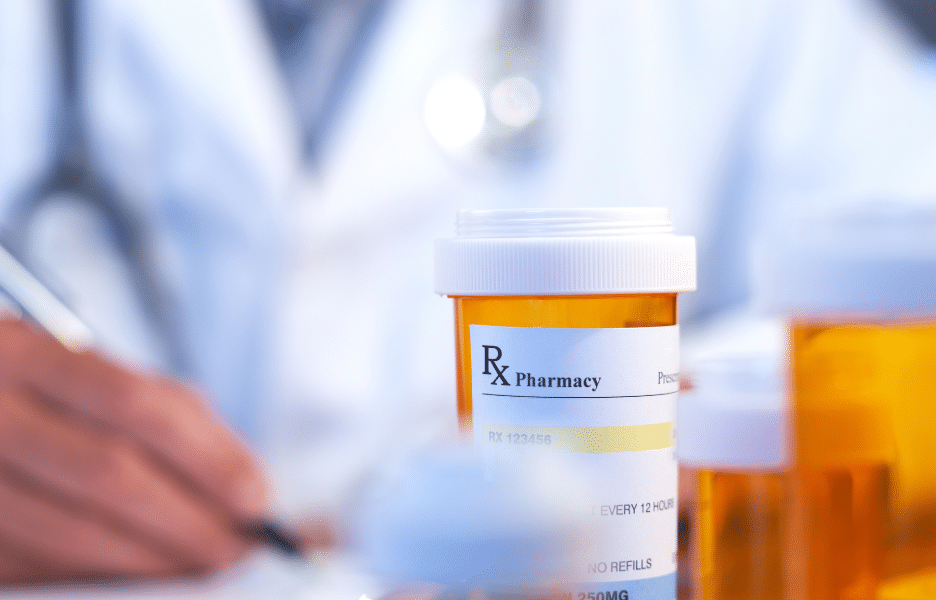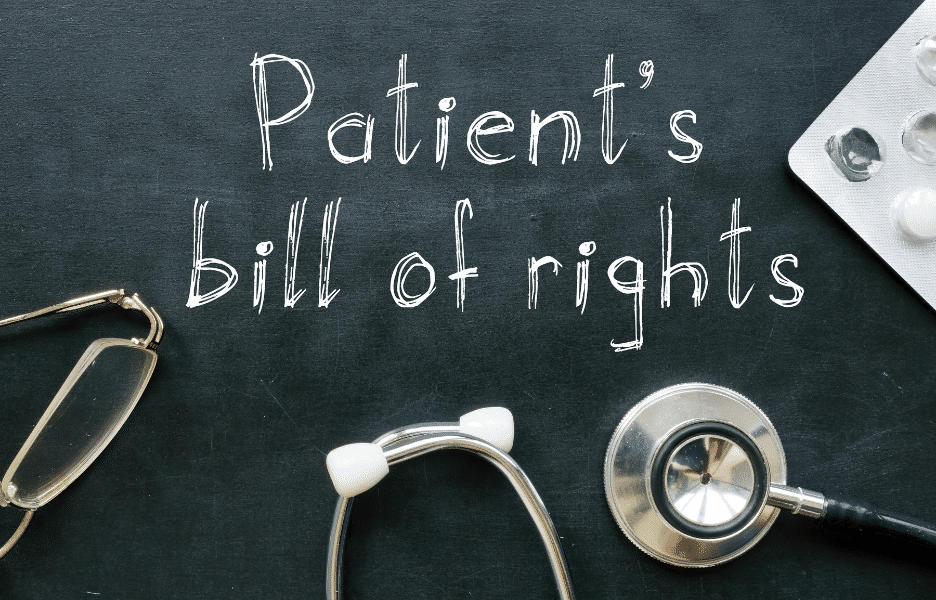Prescription drugs are important in the treatment of many diseases and health conditions. At the same time the cost of prescription medications is a concern for many consumers. Understanding the pricing of drugs, ways in which you can possibly save money, and programs might offer assistance. There are questions you might want to ask your health insurance plan, health care provider, or pharmacist to help you better understand the industry.
The Prescription Drug Market
Prescription drug prices are not regulated in this country. Often there are several choices of drugs available to treat a disease or health condition and some of these drugs may be more expensive, others less expensive. Why would some drugs cost more?
Prices of new drugs are not affected by competition from other companies. When a company creates a new drug, it is placed under patent protection. By law, other companies cannot make and market the same drug during the years the U.S. patent protection is in effect, which can last up to 10 years. The purpose of patents for new drugs is to encourage research to develop more effective drugs. And while drug testing is very expensive, patent protection promotes a balance between new drug innovation and generic drug competition.
New and Established Drugs
New drugs are developed to provide new treatments or to improve drugs that are already available. The developer of a new drug must present evidence to the U.S. Food and Drug Administration (FDA) that the new drug is safe and effective and then receive FDA approval.
If the new drug is like other drugs already being sold, the developer will try to show that the new drug works better or has fewer side effects than other drugs already on the market used for the same disease or health condition.
A new drug may offer better treatment than an established, older drug. However, more is known about an older drug that has been on the market for years, where health care providers and patients have gained experience in using the drug. Until a drug has been in use for many years it is not possible to know about all its side effects or how effective the drug is with continued use.
If your health care provider wants you to take a drug that is new on the market, you may want to ask if there are benefits in taking this new drug instead of an established drug.
When a new drug comes on the market, the drug manufacturer usually advertises the drug in magazines, newspapers and on television. Drug salespeople also promote the new drug to physicians and sometimes provide free samples. Because older or established drugs have been available for years and have proven their ability, free samples often are not available.
If your health care provider offers you free samples of a drug, it can help you save money by not having to pay for a prescription. However, if you need to fill a prescription later for this same drug, you may find the cost is higher than other available drugs. If you are offered free samples of a drug that you will later have to pay for yourself, ask your health care provider about the cost of the medication and other choices that might be available.
Generic Drugs
Once the patent protection of a new drug expires, other companies can seek permission from the U.S. Food and Drug Administration to make and sell the drug. The drug can then be sold as a generic.
Generic drugs are usually less expensive. The company that makes the generic drug does not need to recover the costs of development and advertising, unlike the company that first developed and marketed the drug.
Generic drugs must meet the same standards of quality control as new drugs. However, generic drugs do not need to be extensively tested because their safety and effectiveness have already been proven.
Internet and Mail Order Pharmacies
Some people try to save money by buying their medications through an Internet company or by mail order. If you buy prescription medication over the Internet, or by mail order, it is important to be a wise shopper. First see your own health care provider for a prescription. Then, check to see if the company is licensed in the state in which it operates or if the National Association of Boards of Pharmacy (NABP) certifies the company through its VIPPS program.
Consumers should be cautious buying medications over the Internet or by mail order. If the company is not legitimate, you may end up with fake, altered, or expired medication that will not help you and may cause harm. In addition, the website or mail order company may appear to be based in the United States, but be operating outside of the U.S., where quality and safety controls may not be available.
e-Prescribe
More and more doctors are starting to e-prescribe which offers convenience and safety. E-prescribing is the use of a computer system and a secure network to send prescriptions over the Internet from your doctor to your pharmacy.
The system allows your doctor to keep an accurate medication history and gives the pharmacist a computer order instead of a handwritten one, helping to eliminate errors due to poor handwriting. Also, your doctor will be able to easily view your prescription drug benefits–helping them to prescribe the most cost-effective medication based on your health insurance.
Prescriptions are sent through a private and secure network and the prescription arrives at the pharmacy before you leave your doctor’s office, making it easy to pick up on the way home.
Note: This is not designed to offer medical or legal advice. Please consult with your health care provider for medical advice and an attorney for legal advice. Information originally derived from ahca.myflorida.com





